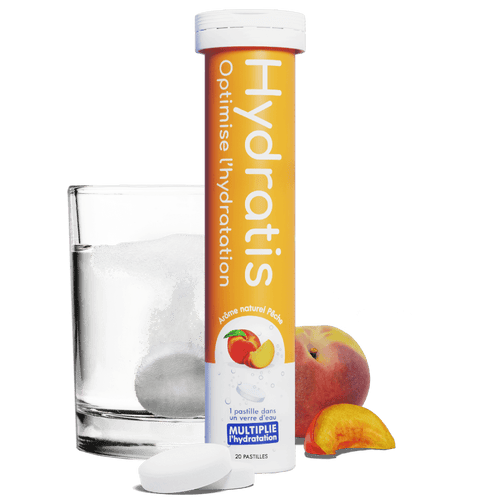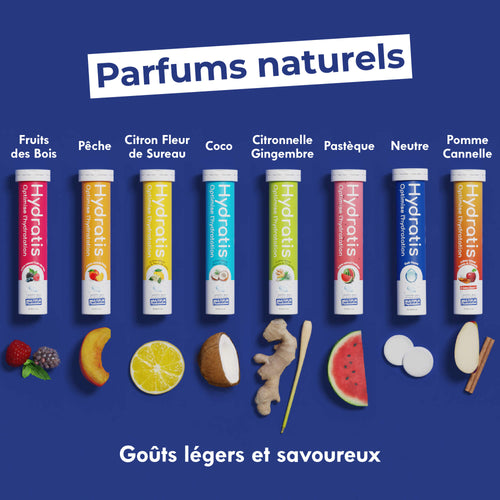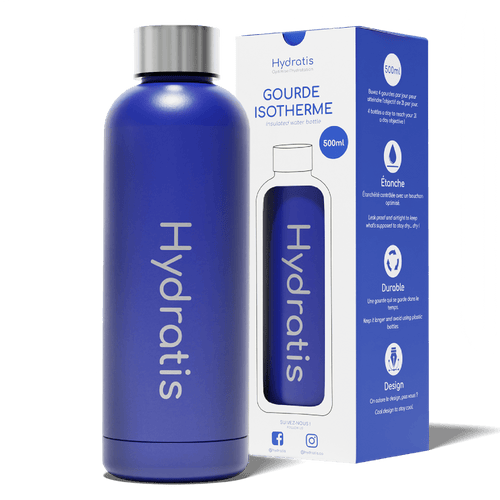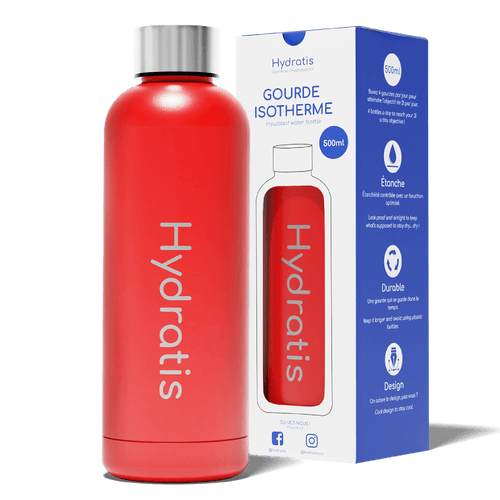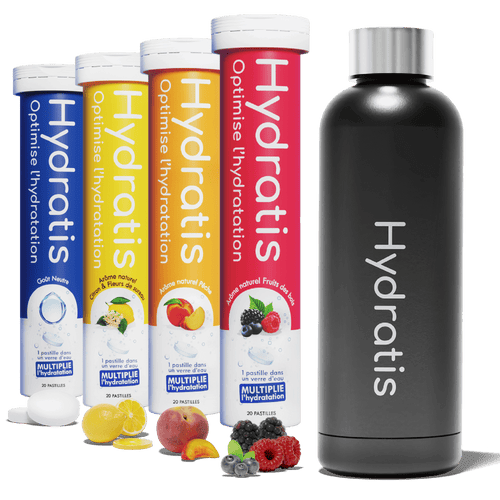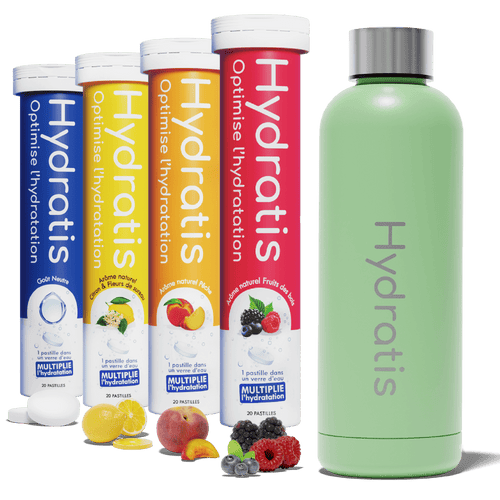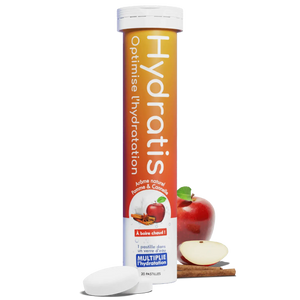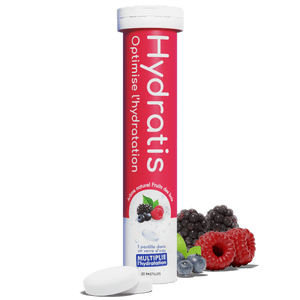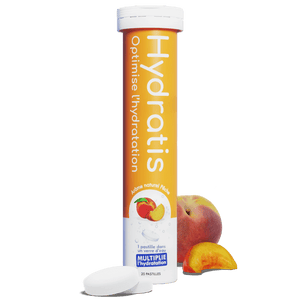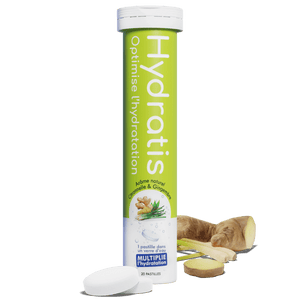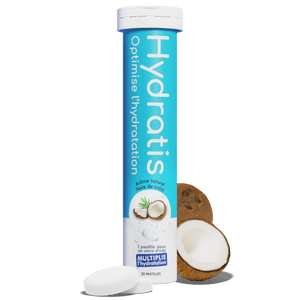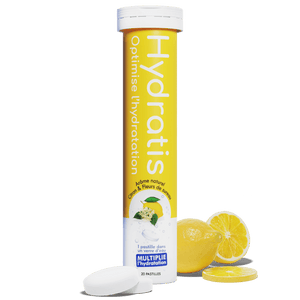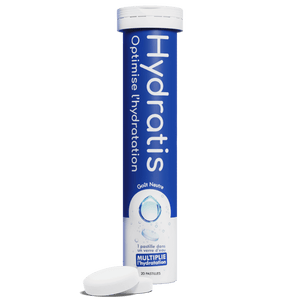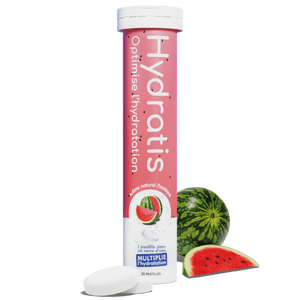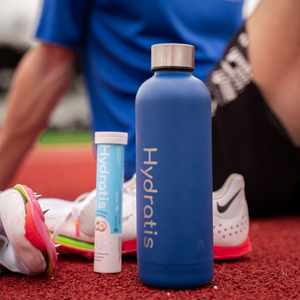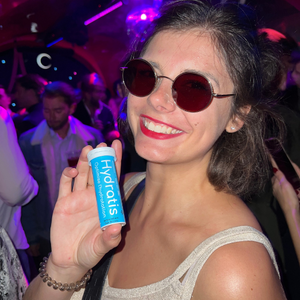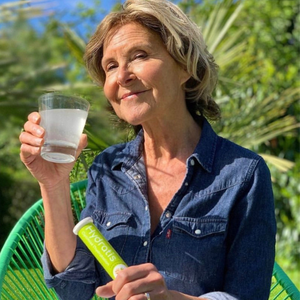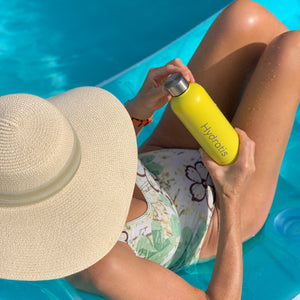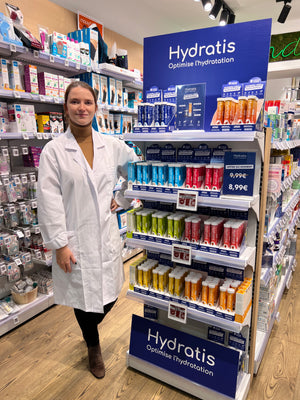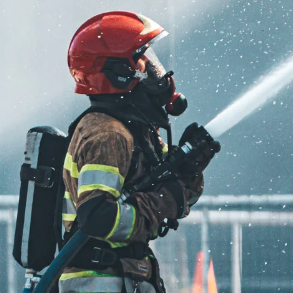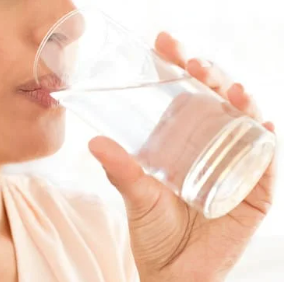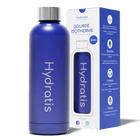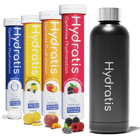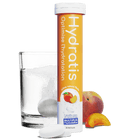
What is the difference between an energy drink and an energy drink?
Energy drink and Energy drink: 2 words which sound very close but yet semantically very different. This difference is mainly due to the composition of these two types of drinks which influences their effects.
Energy drinks all consist of the same basic elements: electrolytes and mineral salts such as sodium or potassium (see the article on the role of mineral salts in hydration). There are also fast or slow sugars used as a source of energy during exercise. Finally, we find different types of vitamins: B vitamins (used for the assimilation of electrolytes and the production of energy), vitamin C as an antioxidant.
In energy drinks we most often find: vitamins, caffeine, numerous amino acids (taurine in Red Bull is the best known) but also a very large quantity of sugars.
We therefore see a big difference in their composition, which makes their uses completely different.
What drink for exercise?
When we look at the composition of these drinks, we quickly understand that energy drinks are more suitable for exercise and hydration than energy drinks.
Energy drinks are also called isotonic drinks : thanks to their high concentration of electrolytes they help maintain a good balance in the components of blood plasma. They therefore help to compensate for losses due to effort.
Hydratis tablets allow you to transform any drink into an isotonic cocktail of the taste of your choice with an ideal electrolyte composition to avoid dehydration during exercise, compensate for losses or recover from a slightly too drunken evening.
Energy drinks have a “boost effect” thanks to their components but no improvement at the physiological level to help the effort.
They are even not recommended for athletes for several reasons: firstly for their too high sugar content which unbalances the composition of the blood plasma and hinders good hydration, then for its absence of mineral salts and electrolytes which does not allow to rebalance blood acidity during exercise or to compensate for losses. Finally, they have a diuretic effect which promotes dehydration.
The impact of hydration on performance
Clear water itself has a vital role: when it is absorbed, it passes into the blood and becomes a component of blood plasma. It therefore makes it possible to maintain a suitable blood volume to ensure oxygen transport which is essential in sport for the proper functioning of the muscles.
In fact, when we sweat we lose water and therefore the plasma volume decreases: the blood flow to the muscles is less good, which reduces the oxygen supply which allows them to function optimally.
Isotonic drinks are also called exercise drinks because their electrolyte composition improves recovery, endurance and physical performance.
Indeed, oxygen is not the only element necessary for physical effort, the B vitamins contained in these drinks promote hydration by allowing better assimilation of electrolytes and participate in physiological reactions to produce energy.
Electrolytes are not chosen at random and each have a specific role: attraction of water, buffer for blood pH (reduce the acidity caused by sport), aid in muscle contraction, production of energy, etc. (for more details see the article on the role of electrolytes in hydration).
How to measure your hydration level?
It is very important to know how to spot the first signs of dehydration, whether during sports, in extreme heat or even after heavy consumption of alcohol which is also a source of dehydration.
Thirst is the body's first alert system in terms of dehydration even though it often occurs when it has started.
Above all, you must know how to spot the signs linked to poor tissue oxygenation: physical and mental fatigue, headaches, increased heart rate, reduced urine output (oliguria), hypo or hyperthermia, possible sleep disorders. consciousness (from confusion to coma in the most severe cases)
Body weight is also a good indicator: in extreme cases, chronic dehydration can lead to weight loss of up to 20% of body weight.
Refer to articles on chronic dehydration and the different types of dehydration.
